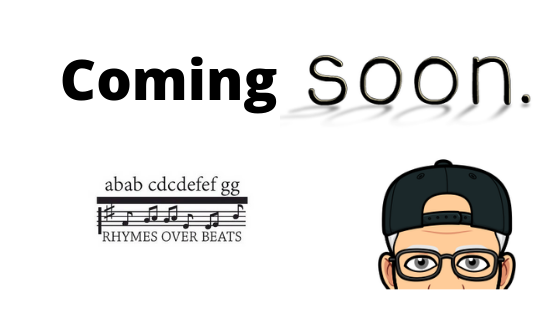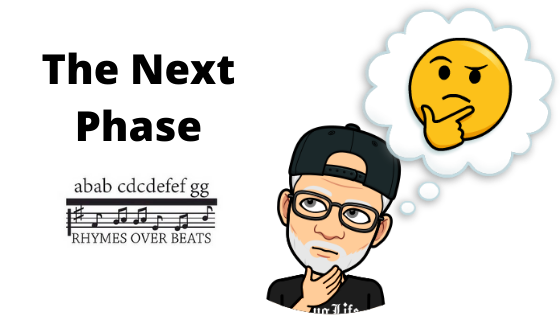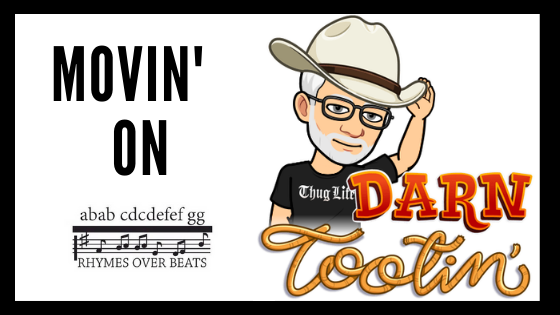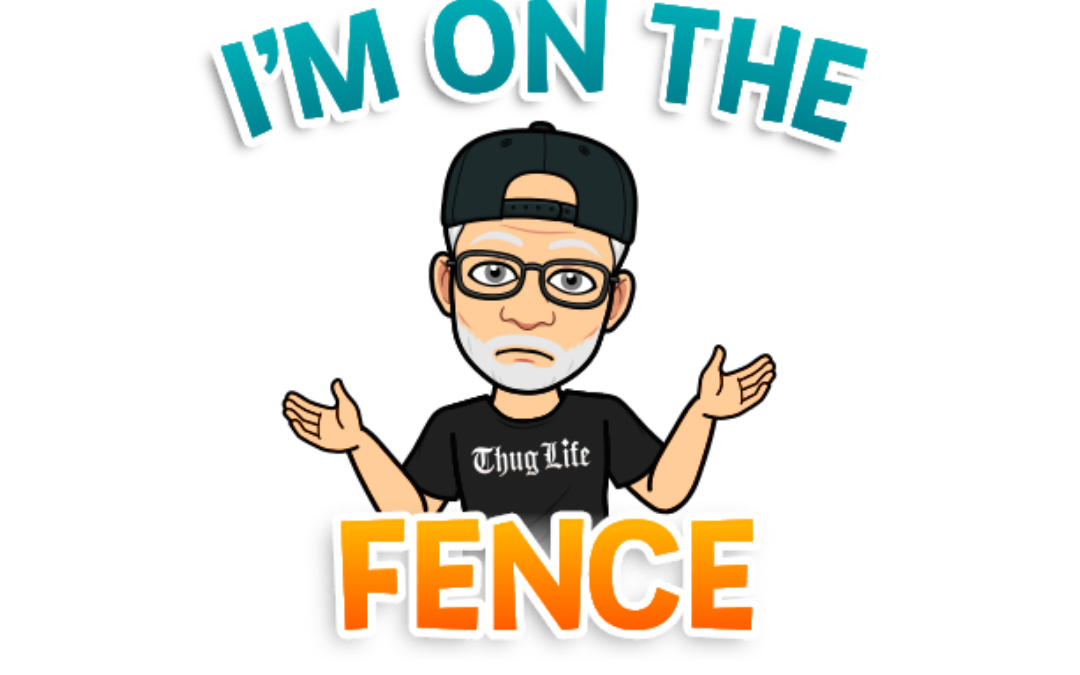
Coming Soon
Advice to the Playwrights
I was recently asked what advice I would have for a playwright who is just starting out.
If I had just one piece of advice, it would be this: learn to think like a producer. A playwright does the writing, but the producer decides when, where and if at all the play or musical gets a production.
Producers and Playwrights
Producers and playwrights have overlapping and contradictory goals when it comes to mounting a production.
- A playwright wants a production that fully realizes their vision.
- A producer wants a production that most fully realizes the playwright’s vision that sells the most tickets.
For instance, any playwright knows which actor they feel would be “ideal” for a particular part in the play.
The producer knows an actor who is ninety percent there and would sell thousands, or tens of thousands, more tickets. The same goes for who the director should be.
It does not serve the playwright if the fully-realized play is only seen by the playwright’s family and best friend in the living room. Therefore, a playwright needs to think like a producer: which actor “works” in the part AND is a draw at the box office.
Wait For It
This is just one example of many ways playwrights think differently than producers. I’m in the process of writing a book on this called Writing Producible Plays.
Keep watching this space for when it is available and how you can order it.





